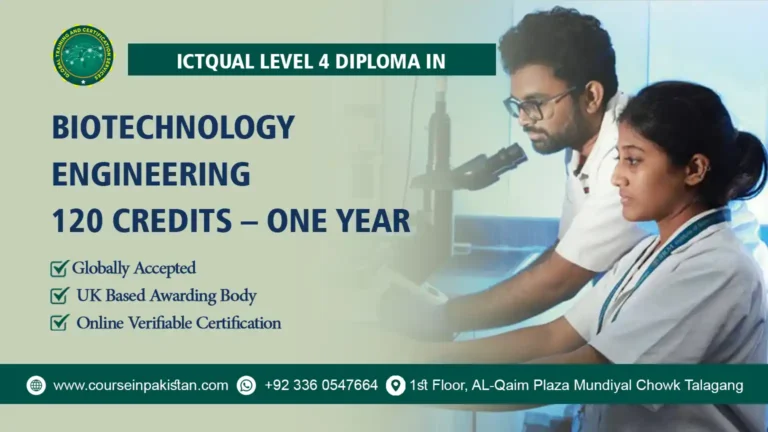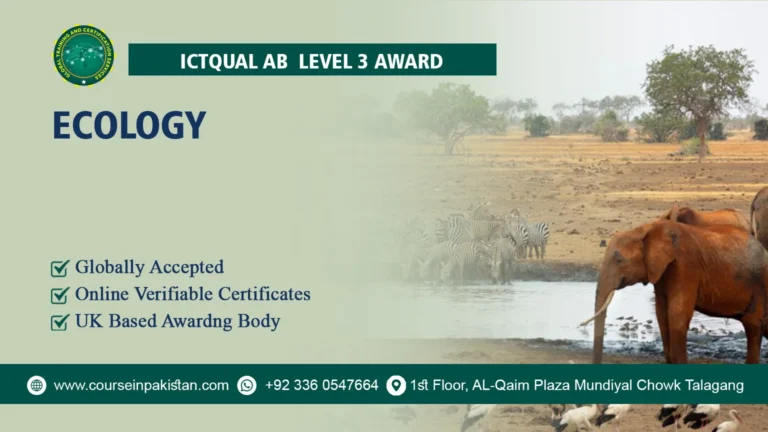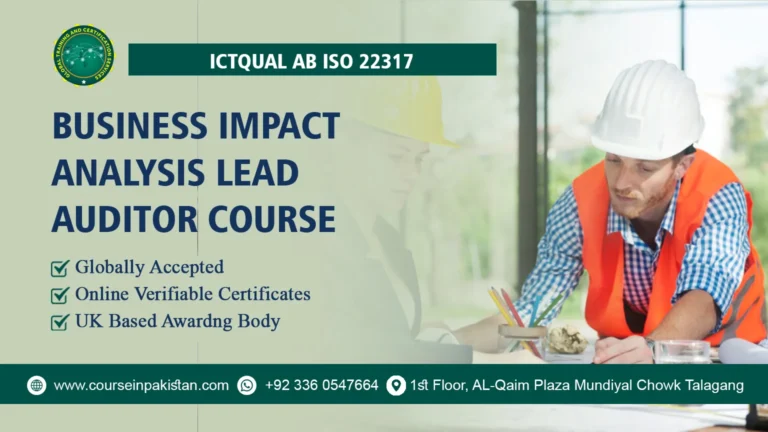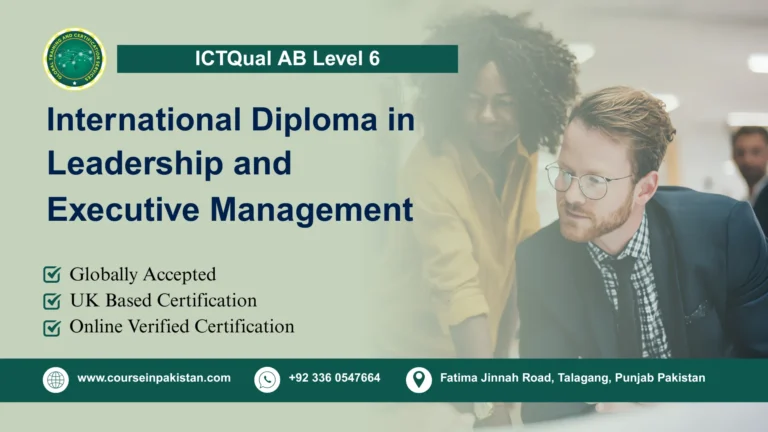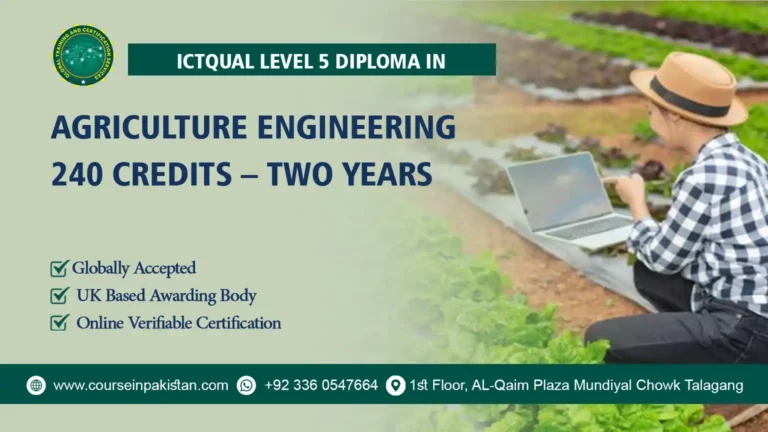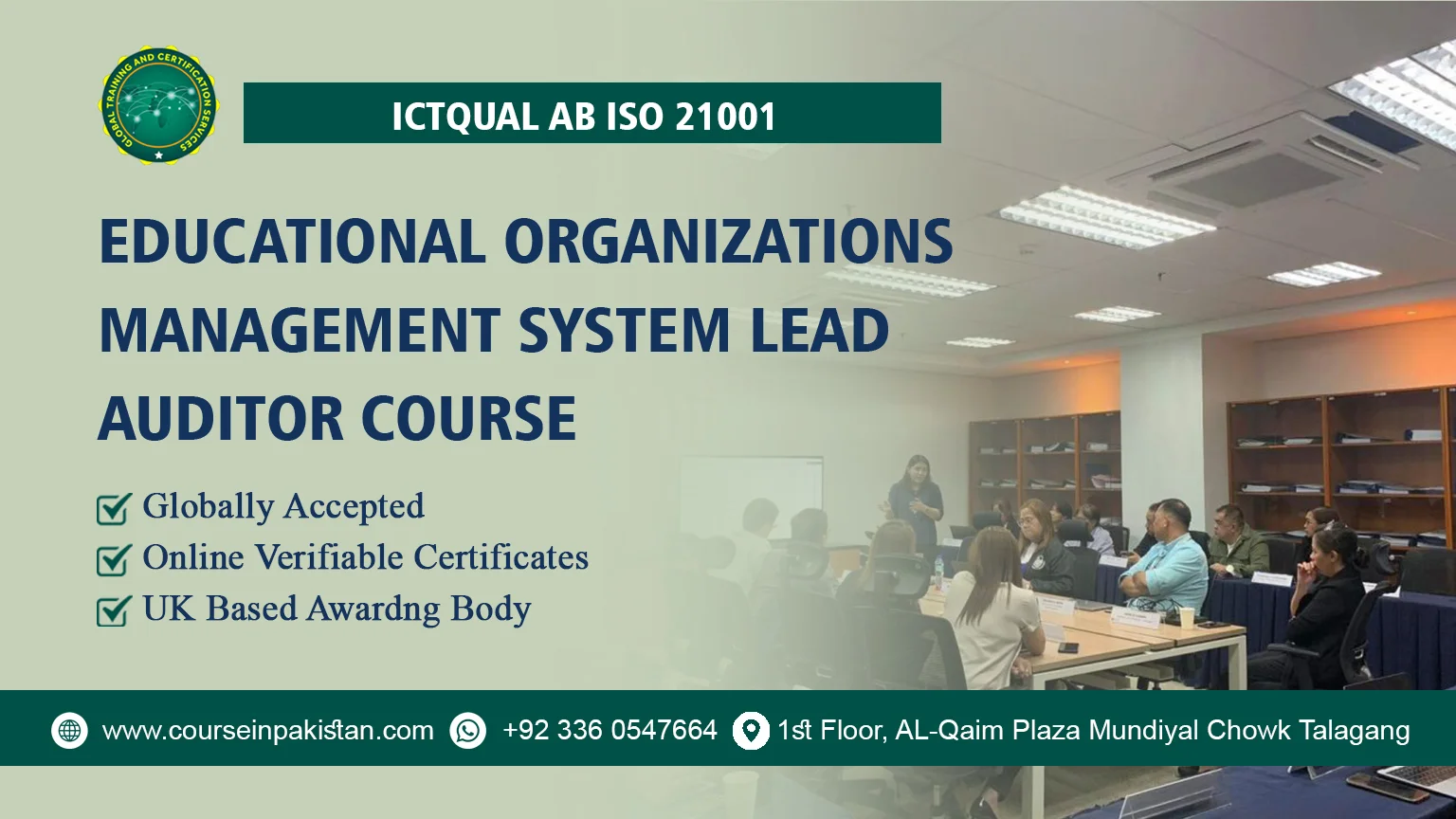
ICTQual ISO 21001 Educational Organizations Management System Lead Auditor Course
In the realm of education, maintaining high standards of management and quality assurance is crucial for fostering effective learning environments and ensuring student success. The ISO 21001 Educational Organizations Management System Lead Auditor Course equips professionals with the skills and knowledge to audit and enhance management systems in educational institutions according to international standards. This specialized training enables participants to contribute to the continuous improvement of educational processes and outcomes.
Course Introduction
ISO 21001 is the international standard that specifies requirements for an Educational Organizations Management System (EOMS). The Lead Auditor course focuses on training individuals to audit EOMS against ISO 21001 standards. This certification ensures that educational institutions can systematically manage educational processes to enhance educational outcomes and stakeholder satisfaction.
Course Overview
The course comprises comprehensive modules designed to delve into the intricacies of educational organization management system auditing. Participants gain insights into auditing techniques, performance evaluation methodologies, compliance requirements, and strategies for continual improvement tailored to the educational sector.
Course Benefits
Enrolling in the ISO 21001 Lead Auditor Course offers numerous benefits:
- Specialized Expertise: Develops specialized knowledge in auditing management systems for educational organizations.
- Career Advancement: Enhances career prospects in educational management, quality assurance, and auditing roles.
- Organizational Excellence: Equips educational institutions with tools to improve educational processes, outcomes, and stakeholder satisfaction.
- Global Recognition: Demonstrates commitment to international standards and enhances credibility globally in the education sector.
Course Study Units
The curriculum typically covers essential study units such as:
- Introduction to ISO 21001
- Understanding Educational Organizations Management Systems
- ISO 21001 Requirements
- Implementation of ISO 21001
- Auditing Principles and Practices
- Audit Planning and Preparation
- Conducting the Audit
- Audit Reporting and Follow-Up
- Continuous Improvement and Feedback
Learning Outcomes
Introduction to ISO 21001
Learning Outcomes:
- Understand the purpose and scope of ISO 21001 in the context of educational organizations.
- Explain the benefits of implementing ISO 21001 for enhancing educational processes and stakeholder satisfaction.
- Identify key stakeholders and their roles in implementing ISO 21001 within educational institutions.
- Appreciate the importance of aligning educational processes with ISO 21001 requirements.
Understanding Educational Organizations Management Systems
Learning Outcomes:
- Familiarize with the concept of Educational Organizations Management Systems (EOMS).
- Interpret how EOMS contribute to effective educational management and quality assurance.
- Analyze the components and structure of EOMS in accordance with ISO 21001.
- Evaluate the impact of implementing EOMS on improving educational outcomes and stakeholder engagement.
ISO 21001 Requirements
Learning Outcomes:
- Describe the specific requirements outlined in ISO 21001 for educational organizations.
- Interpret each clause and sub-clause within ISO 21001 to ensure compliance.
- Evaluate the effectiveness of current educational processes in meeting ISO 21001 requirements.
- Recommend improvements to align educational practices with ISO 21001 standards.
Implementation of ISO 21001
Learning Outcomes:
- Develop a systematic approach to implementing ISO 21001 within educational institutions.
- Identify resources, roles, and responsibilities necessary for successful implementation.
- Create an implementation plan that addresses organizational context, risks, and opportunities.
- Monitor and measure the progress of ISO 21001 implementation and adjust strategies as needed.
Auditing Principles and Practices
Learning Outcomes:
- Define auditing principles and their application in auditing Educational Organizations Management Systems.
- Develop a structured approach to planning, conducting, and reporting audits based on ISO 21001 requirements.
- Apply audit techniques, including sampling, interviews, and document reviews, to gather audit evidence effectively.
- Ensure compliance with auditing standards, regulatory requirements, and organizational policies during audits.
Audit Planning and Preparation
Learning Outcomes:
- Develop a comprehensive audit plan for auditing Educational Organizations Management Systems.
- Identify audit criteria, scope, objectives, and resources needed for effective audit planning.
- Prepare audit documentation, including checklists, procedures, and audit schedules.
- Communicate audit plans effectively to stakeholders, including educational management and audit team members.
Conducting the Audit
Learning Outcomes:
- Execute audit activities according to the planned schedule, methodology, and scope.
- Collect and analyze audit evidence to evaluate compliance with ISO 21001 requirements.
- Conduct interviews, observations, and document reviews to verify the effectiveness of educational processes.
- Document audit findings accurately and objectively, including non-conformities and areas for improvement.
Audit Reporting and Follow-Up
Learning Outcomes:
- Prepare clear and concise audit reports documenting findings, conclusions, and recommendations.
- Communicate audit results effectively to stakeholders, including educational management and regulatory authorities.
- Provide actionable recommendations for corrective actions and improvements based on audit findings.
- Monitor the implementation of audit recommendations and verify closure of non-conformities to drive continuous improvement.
Continuous Improvement and Feedback
Learning Outcomes:
- Implement mechanisms for continuous improvement of Educational Organizations Management Systems.
- Solicit feedback from stakeholders to identify opportunities for enhancing educational processes and outcomes.
- Evaluate the effectiveness of improvements in achieving organizational goals and stakeholder satisfaction.
- Foster a culture of continuous improvement within educational institutions to adapt to evolving educational needs.
These learning outcomes collectively prepare participants to effectively implement, audit, and improve Educational Organizations Management Systems (EOMS) in accordance with ISO 21001 standards. They ensure alignment with best practices, compliance with international standards, and ongoing enhancement of educational processes and stakeholder satisfaction within educational institutions.
Who Should Take This Course
The course is ideally suited for educational administrators, quality managers, auditors, and professionals responsible for managing or auditing management systems within educational institutions. It is particularly valuable for those looking to deepen their understanding of ISO 21001 requirements and advance their careers in educational management, quality assurance, and auditing roles.
Future Progression for This Course
Successful completion of the ISO 21001 Lead Auditor Course opens doors to several opportunities:
- Advanced Certifications: Pursue advanced certifications in educational management or related standards.
- Consultancy Roles: Provide expert advice on implementing ISO 21001 and improving educational management practices.
- Organizational Leadership: Lead initiatives to standardize educational management processes, enhance educational outcomes, and stakeholder satisfaction.
- Continuous Learning: Stay updated with emerging trends, technologies, and best practices in educational management to remain competitive in the field.
ISO 21001 Educational Organizations Management System Lead Auditor Course is a gateway to achieving excellence in educational management practices. It equips professionals with the skills to audit management systems against international standards, fostering compliance, continuous improvement, and ultimately contributing to enhanced educational outcomes and stakeholder satisfaction in educational institutions worldwide. As the importance of quality management in education continues to grow, the demand for qualified auditors proficient in ISO 21001 is set to increase, making this course a valuable investment in both personal career development and organizational success.

